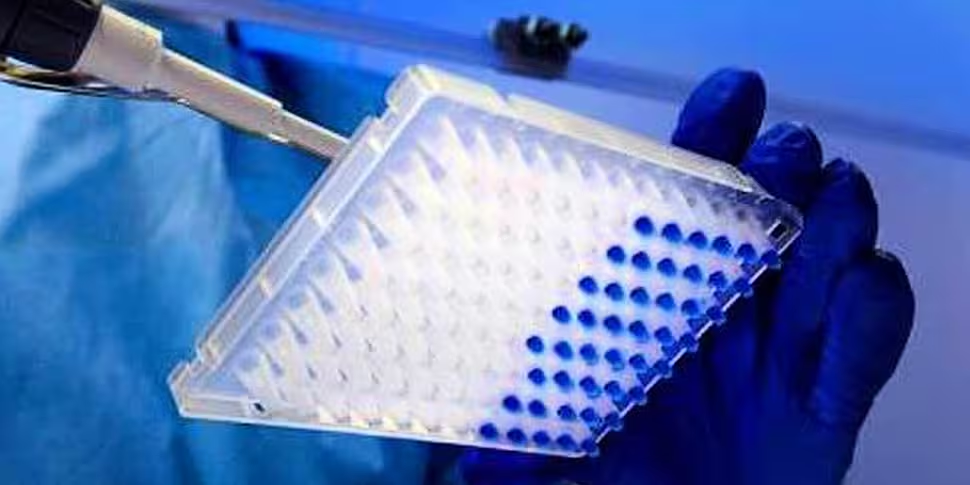Deadly superbugs including MRSA, are found on mobile phones, laptops, ATMs, floors, elevator buttons and toilet door handles.
They’re antibiotic resistant, potentially lethal and are present on everyday items.
Superbugs, such as MRSA and E.coli, are responsible for the deaths of millions of people around the world each year and, according to a new body of research, they can be found on everything from your mobile phone to food trays and bin lids.
In a recent study commissioned by antimicrobial experts Kastus, they aimed to isolate and identify bacterial species present in our everyday environments.
Numerous common public areas in an Irish third-level institution, which co-operated in the research but does not want to be named, were selected and swabbed and the findings were staggering, with dozens of harmful bacteria strains found on everyday surfaces.
Results detected traces of the deadly superbug MRSA on the hot water dispenser in a public canteen, on toilet doors, waste bin lids and on the screens and covers of mobile phones. Faecal matter was also found on toilet door handles.
Harmful bacteria
The research was commissioned by Dublin-based Kastus, which has developed ground-breaking technology to prevent the spread of superbugs in healthcare and industry in the UK, the US and across the world.
Speaking about the findings of the survey, Kastus CEO John Browne said "When we set out to fund this research project, we expected to see a certain level of harmful bacteria but what was actually discovered is truly shocking but we believe this is no different to what we would find in any UK, US or Irish public building.
"These bacteria can make people very sick and can ultimately kill. Recent stories of hospital ward and hotel closures show the extent of the problem. Institutions need to be made aware of the risks associated with these bacteria and to start taking responsibility for their occupant health and wellbeing."
The research also found faecal matter and bacteria such as Enterococcus faecium on elevator buttons as well as flesh-eating Listeria on ATMs and Salmonella on computer keyboards.
The risks which superbugs present are massive. It is predicted that superbugs will kill 10 million people worldwide by 2050.









